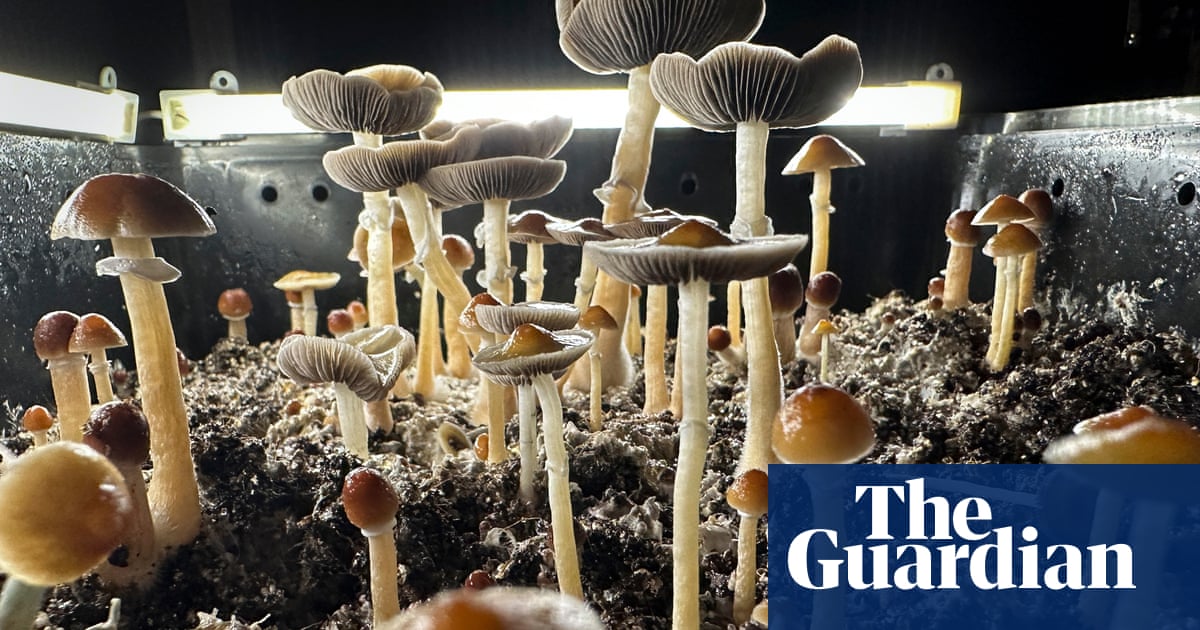Washington University School of Medicine
Washington University School of Medicine is a research-intensive institution with a focus on transformational advances in neurological conditions and diverse, inclusive education. The site covers an article about how psilocybin affects the brain. The article highlights that while psilocybin disrupts brain networks involved in introspective thinking temporarily, it increases brain flexibility in the long term.
100%
The Daily's Verdict
This news site is known for its high journalistic standards. It strives to maintain neutrality and transparency in its reporting, and avoids conflicts of interest. It has a reputation for accuracy and rarely gets contradicted on major discrepancies in its reporting.
Bias
100%
Examples:
No current examples available.
Conflicts of Interest
100%
Examples:
No current examples available.
Contradictions
75%
Examples:
- Brain flexibility is increased after psilocybin use.
- Individuals' functional brain networks are temporarily wiped out during a psilicybin trip and their individuality is lost until the acute effects wear off.
- Psilocybin temporarily disrupts brain networks involved in introspective thinking for weeks.
Deceptions
100%
Examples:
No current examples available.
Recent Articles
